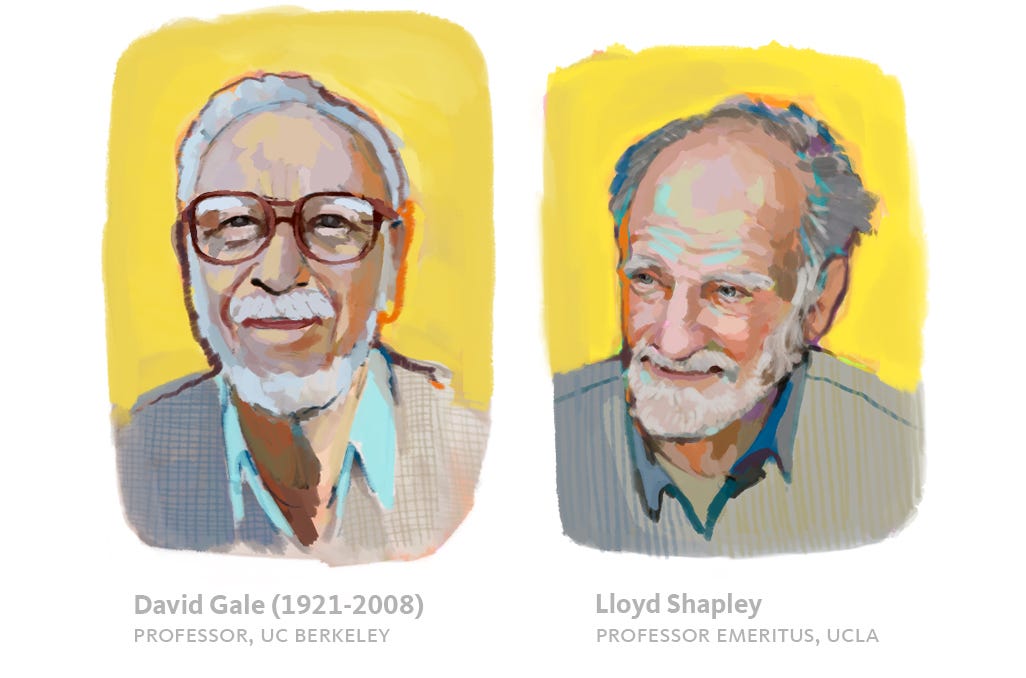A new NBER working paper suggests that the institution of bride price, often regarded as a repugnant transaction, may provide incentives to educate girls, which increases their price.
Bride Price and Female Education
Nava Ashraf, Natalie Bau, Nathan Nunn, Alessandra Voena
NBER Working Paper No. 22417
Issued in July 2016
Issued in July 2016
Traditional cultural practices can play an important role in development, but can also inspire condemnation. The custom of bride price, prevalent throughout sub-Saharan Africa and parts of Asia as a payment by the groom to the family of the bride, is one example. In this paper, we show a perhaps surprising economic consequence of this practice. We revisit one of the best-studied historical development projects, the INPRES school construction program in Indonesia, and show that previously found small effects on female enrollment mask heterogeneity by bride price tradition. Ethnic groups that traditionally engage in bride price payments at marriage increased female enrollment in response to the program. Within these ethnic groups, higher female education at marriage is associated with a higher bride price payment received, providing a greater incentive for parents to invest in girls' education and take advantage of the increased supply of schools. However, we see no increase in education following school construction for girls from ethnicities without a bride price tradition. We replicate these findings in Zambia, where we exploit a similar school expansion program that took place in the early 2000s. While there may be significant downsides to a bride price tradition, our results suggest that any change to this cultural custom should likely be considered alongside additional policies to promote female education.







